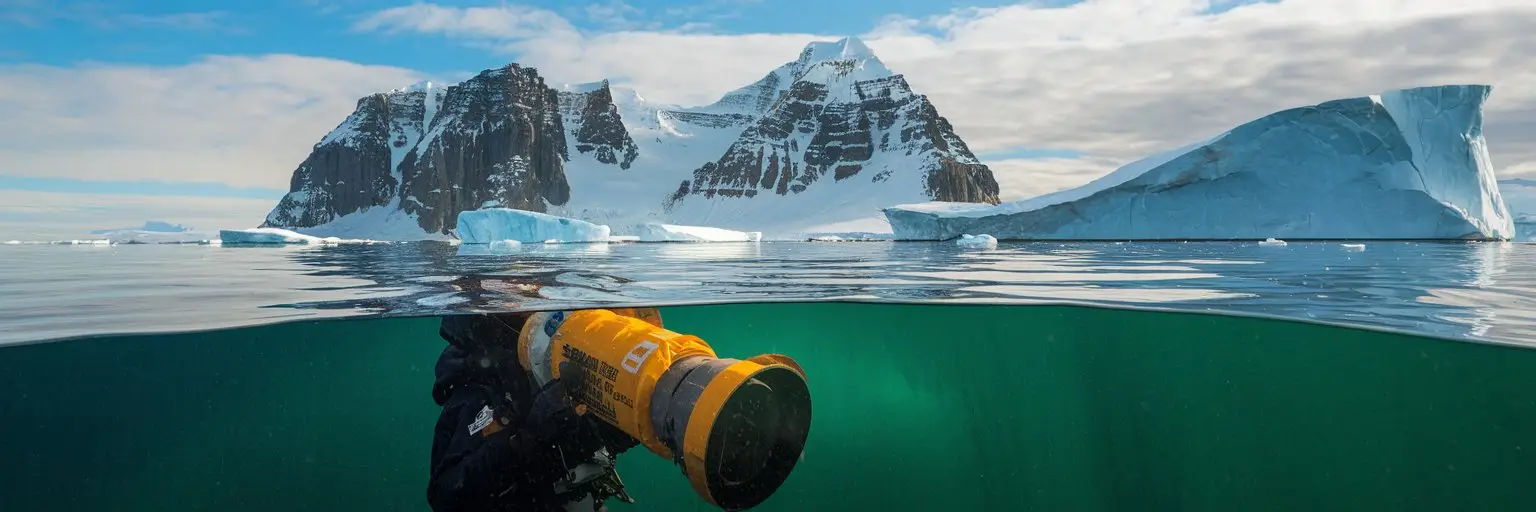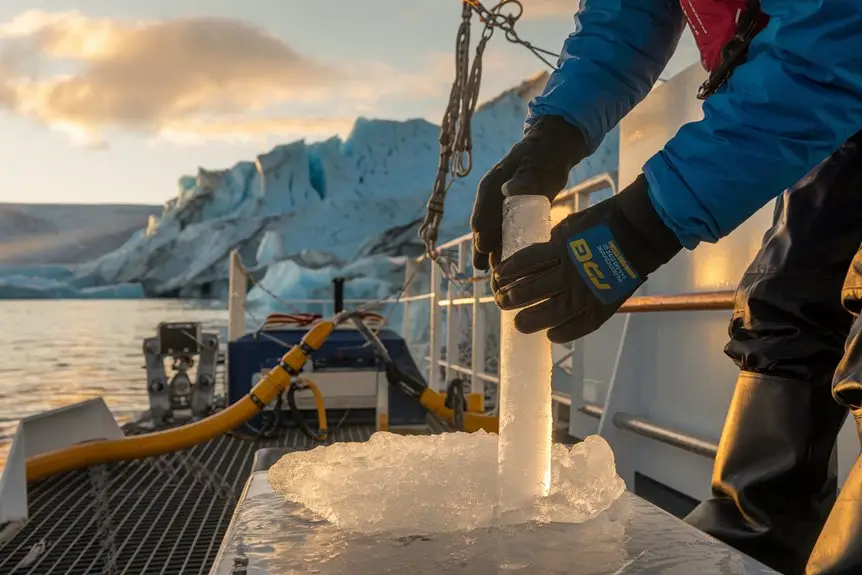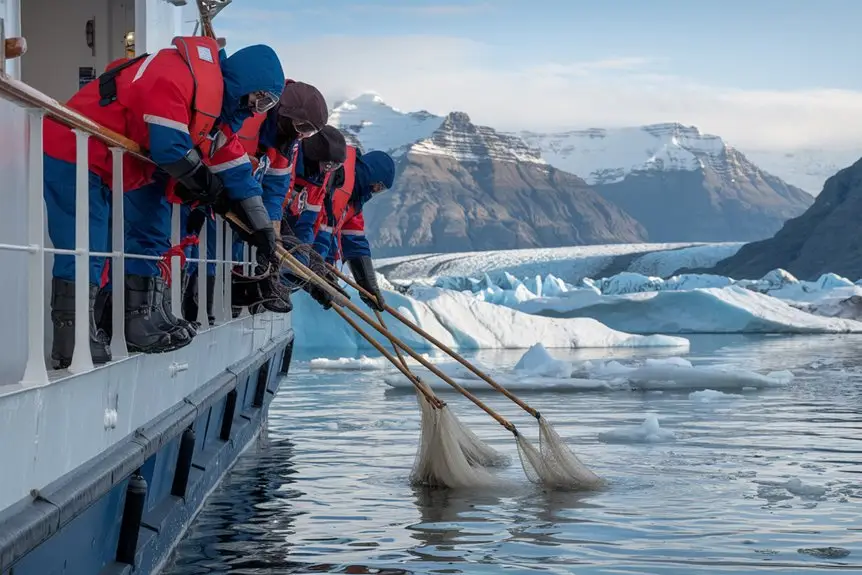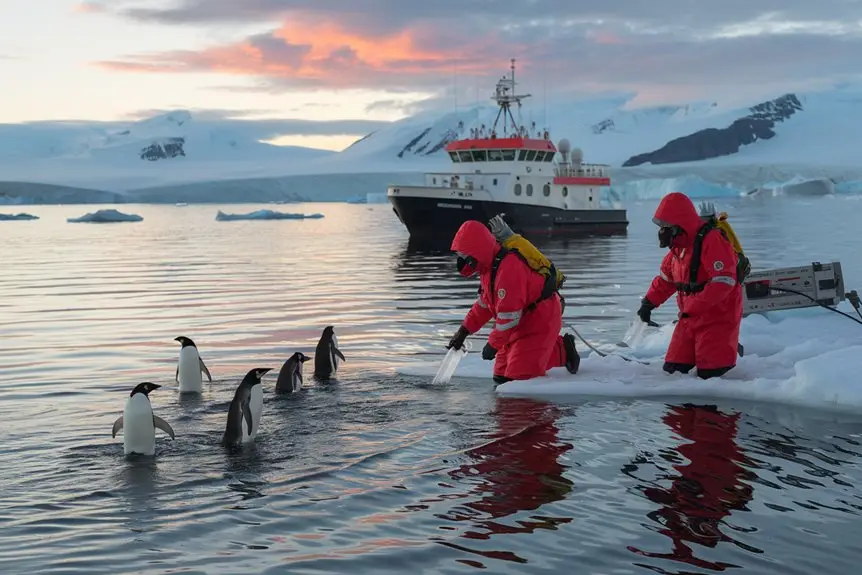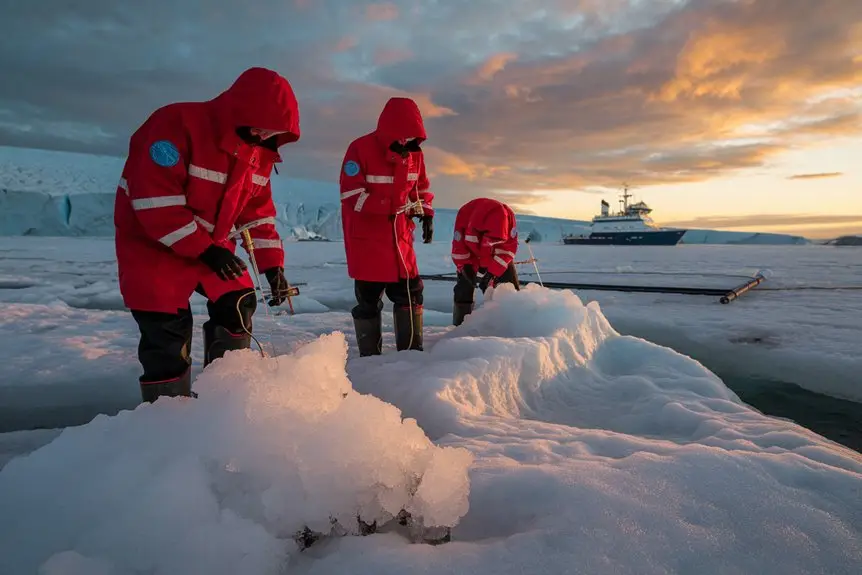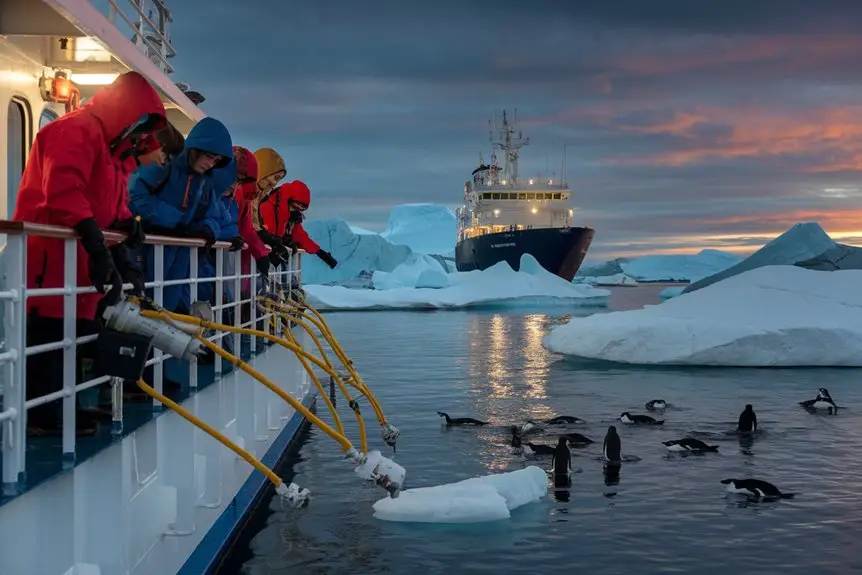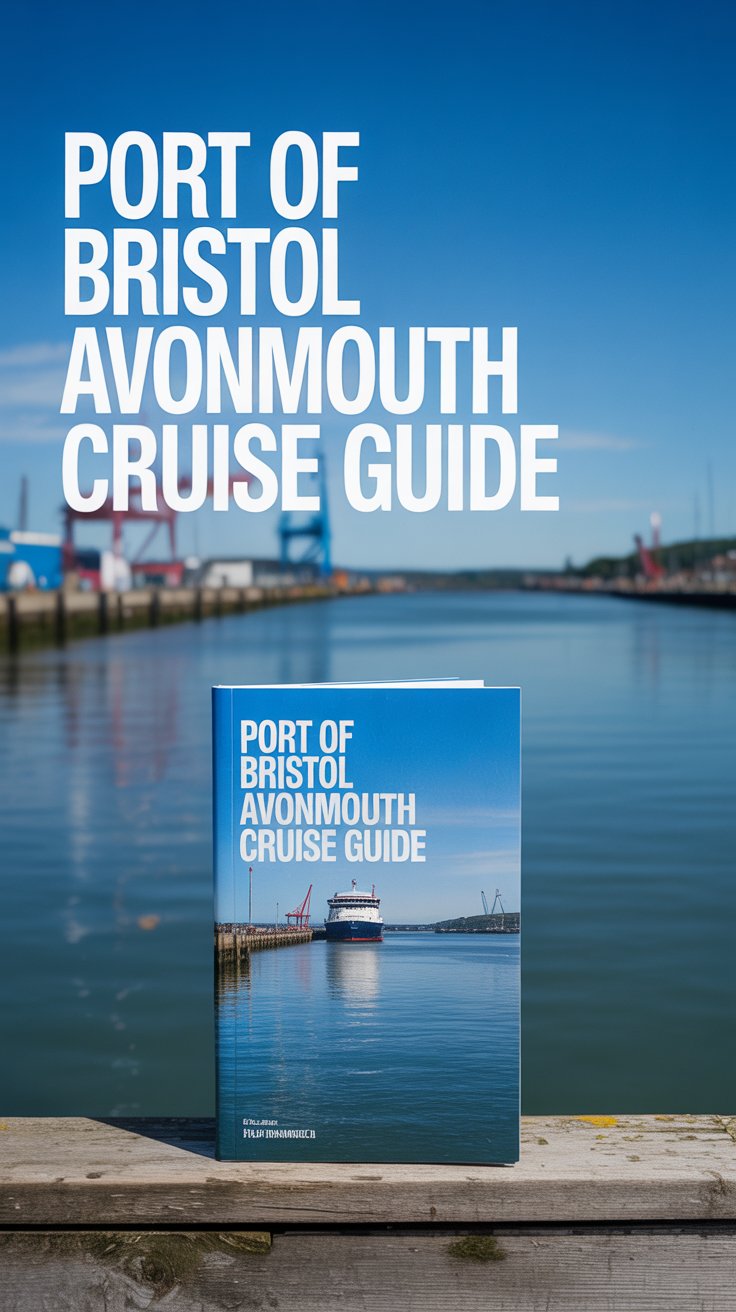Polar cruises let you become a real scientist through citizen science projects. When you join these programmes in the Arctic or Antarctic, you collect valuable data about climate change. You can track whales, observe clouds, and study sea life alongside researchers.
Your tasks are simple and guided. You might count birds, check water quality, or gather tiny sea organisms. Expert coordinators teach you everything you need to know – no science background required.
Your work directly helps major research centres understand climate change. Each observation you make adds to scientific knowledge about these vital polar regions. You contribute to studies that influence environmental decisions and policies.
The Arctic and Antarctic reveal crucial information about Earth’s changing climate. Your involvement creates a bigger picture of our planet’s health, making your holiday both meaningful and exciting.
🐧 Polar Cruise Enquiry 🐻❄️
Our team of polar travel specialists have personally explored both the Arctic and Antarctic regions – from tracking polar bears in Svalbard to kayaking with penguins off the Antarctic Peninsula. Let us find the right polar expedition cruise for you.
Key Takeaways
You can join real science projects on polar cruises without needing any science background.
Your activities include:
- Tracking whales through photo identification
- Monitoring cloud patterns for NASA’s research
- Collecting water samples to study marine life
- Counting seabirds in their natural habitat
- Measuring water clarity in polar seas
You’ll work with expert guides who will:
- Show you how to collect data properly
- Help you use scientific equipment
- Connect your findings to research programmes
- Explain how your work helps polar research
Your contributions directly support:
- Climate change studies
- Wildlife conservation efforts
- Environmental policy development
- Global research databases like Happywhale
- NASA’s Globe Observer programme
You can learn while exploring the poles and help scientists understand these unique environments better.
The Power of Polar Research
Polar research holds the key to understanding Earth’s climate systems. You can discover crucial climate records in the polar regions, which reveal patterns of global environmental change. The Arctic and Antarctic help scientists track sea-level variations, permafrost conditions and their effects on water cycles and carbon storage.
Polar science teaches you how to protect our planet and manage resources better. The Southern Ocean drives important chemical and biological processes worldwide, whilst polar air and sea interactions determine weather patterns.
To understand these systems, you need scientists from different fields working together. Experts in ice studies, ocean science and marine life combine their knowledge to unlock polar mysteries.
These regions serve as Earth’s early warning systems. Your understanding of polar changes helps predict future climate impacts. Scientists need your support to continue this vital research, as polar findings affect everyone’s future on our planet.
Hands-On Science at Sea
You can help polar research by joining science activities at sea. A polar cruise lets you collect data and learn research methods alongside experts. Science coordinators teach you to track whales through Happywhale and monitor clouds for NASA’s Globe Cloud Observer programme.
Your work supports research in hard-to-reach polar areas. You collect vital data about phytoplankton for the Scripps Institution of Oceanography. You help Cornell Lab of Ornithology count seabirds. Each task you complete adds to important long-term research projects.
This hands-on approach makes you more than a tourist. You become a real scientist and help protect polar regions. Your contributions make research more thorough and cost-effective.
Current Projects Making Waves
Citizen science lets you help polar research from anywhere. NASA’s Globe Observer needs your cloud observations to track climate change.
The Cornell Lab of Ornithology wants your help counting seabirds, whilst Happywhale uses your whale photos to monitor migration patterns.
You can join Antarctic research through the FjordPhyto Project by collecting phytoplankton samples. These tiny organisms tell scientists about changing ocean conditions.
The Polar Citizen Science Collective connects you with researchers on boat expeditions, where you’ll gather water samples and count penguins with Oceanites.
Each project you join adds valuable data to polar science. Your observations help researchers understand how polar regions are changing.
You don’t need special qualifications – just enthusiasm and attention to detail.
Supporting Global Climate Studies
Citizen science makes real impacts on global climate research through simple but vital actions.
You can join NASA’s Globe Observer to track cloud patterns and their effects on local temperatures. Your observations help scientists measure climate change more accurately.
You’ll contribute to marine research by participating in Scripps Institution’s phytoplankton studies. Your data shows how melting glaciers affect ocean life.
Your seabird counts with Cornell Lab help map changing wildlife patterns. When you take Secchi disk readings, you track water clarity changes from glacier melt.
Your collected data shapes climate policies and improves prediction models. Look at HappyWhale – your whale sightings helped create new ship speed limits near Antarctica, showing how your efforts protect marine life.
Each observation you make adds to our understanding of climate change. Your work combines with thousands of others to create a clearer picture of our changing planet.
Join the Scientific Community
You can become part of a global scientific community through polar citizen science.
You’ll join diverse research projects studying marine life, wildlife and climate patterns in polar regions. Leading institutions like Cornell Lab and Scripps welcome participants without requiring scientific qualifications or fees.
Expert coordinators will guide you through tasks like whale photo tracking, penguin counting and cloud monitoring for NASA.
Your work helps scientists collect vital data from remote polar locations. Each project teaches you about polar ecosystems while supporting important conservation research.
You can start contributing immediately to help scientists understand climate change impacts.
Your observations and data collection make real scientific discoveries possible. The community welcomes enthusiasts at any experience level who want to support polar research.
Frequently Asked Questions
What Specialized Equipment Do I Need to Bring for Citizen Science Projects?
You need these essential items for citizen science projects:
- A digital camera for photo documentation
- Binoculars for wildlife observation
- Waterproof clothing and boots
- A sturdy notebook and pencils
- Your smartphone with data collection apps
Research teams typically provide specialist equipment, so you can focus on bringing these basic items. Check with your project coordinator about any additional gear you might need for your specific activity.
Are There Age Restrictions for Participating in Polar Citizen Science Activities?
Most polar citizen science activities welcome participants of all ages. For cruise-based activities, you’ll need to meet the ship’s minimum age requirements, usually between 8-12 years old. Before booking, you should check the specific age limits with your chosen programme or expedition company.
How Much Scientific Background Is Required to Meaningfully Contribute Data?
No formal scientific background is needed for you to help collect data. You’ll learn everything on the spot through hands-on training. Your onboard guides will show you exactly what to do, teaching you simple steps to gather useful scientific data. The methods are straightforward and standardised, making it easy for you to contribute valuable information.
Can I Continue Contributing to These Projects After My Cruise Ends?
You can keep contributing to these projects from home using digital platforms. eBird and iNaturalist let you share your observations and help with ongoing research. The projects welcome your input regardless of where you are, making it easy to stay involved after your cruise ends.
Are Citizen Science Activities Available on Every Polar Cruise Expedition?
You won’t find Citizen Science activities on every polar cruise. Some cruise operators, like Polar Latitudes and Hurtigruten, make these programmes a regular part of their voyages. Each cruise line plans its activities differently, and your chances of joining Citizen Science projects depend on your chosen ship and route. If you’re keen to participate in these activities, check directly with your cruise operator before booking.
🐧 Polar Cruise Enquiry 🐻❄️
Our team of polar travel specialists have personally explored both the Arctic and Antarctic regions – from tracking polar bears in Svalbard to kayaking with penguins off the Antarctic Peninsula. Let us find the right polar expedition cruise for you.

